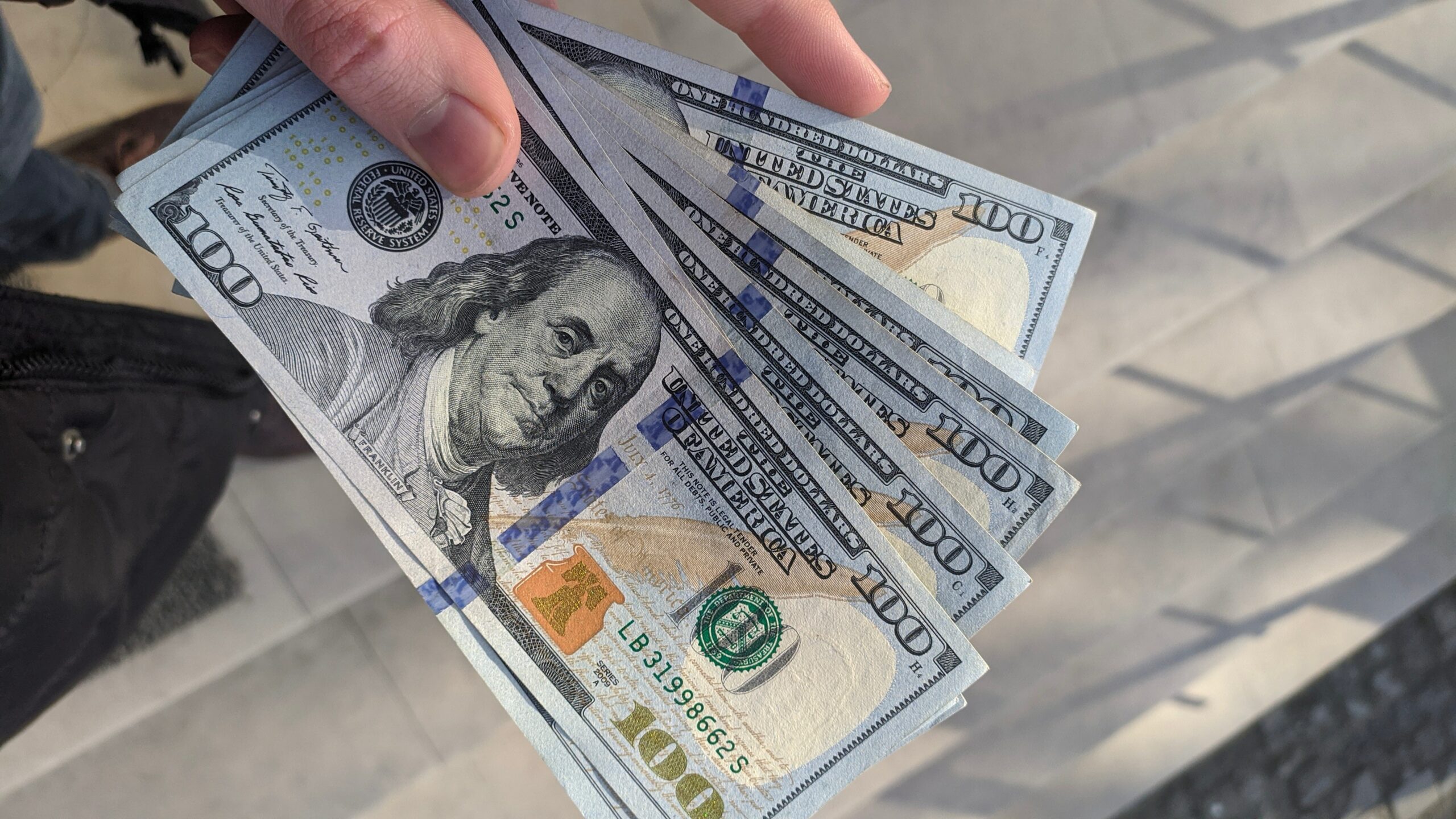As global economies continue to wrangle with severe inflation, forecasters are anticipating that it will take until spring 2022 at the earliest to see some form of financial recovery. With this in mind, how can you best manage your wealth to ensure that your money holds its value whilst costs all around you continue to rise?
Naturally, the COVID-19 pandemic has played an integral role in the hiking of inflation rates across 2021. The unpredictability of consumer behavior in the wake of lockdown measures and social distancing rules led to supply chain squeezes and surges in demand across various industries that companies have struggled to keep up with.
Such supply shortages, coupled with a lack of available labor has led to the U.S. experiencing its highest rates of inflation in 31 years, as the domestic Consumer Price Index surged to 6.2% in November.
As data shows, the issue of inflation isn’t just limited to the U.S. In Europe, we can see that inflation rates have doubled from their highest 2020 reading to 4%, with the highest instances of inflation across the continent set to grow further in 2022 before recovering in 2023.
With this in mind, how can your wealth be best protected from the rise of inflation? Let’s take a deeper look at some of the most effective places to invest during times of inflation:
Alternative Currency Investing
The most natural hedge against inflation comes in the form of gold, and other alternative stores of value. In certain developing economies where domestic currencies have suffered from hyperinflation, gold has generally become far more prevalent along with other common unofficial forms of currency.
However, it’s worth noting that gold isn’t a flawless hedge against inflation. This is because when inflation rises, central banks often increase interest rates as part of their monetary policy. In the event of increased interest rates, holding on to an asset like gold that pays no yields is unlikely to be as valuable as holding an asset that does.
According to Maxim Manturov, head of investment research at Freedom Finance Europe, many investors have looked to the decentralized world of cryptocurrencies as a means of escaping the recent inflation rate hikes.
“Overall, the recent bitcoin rally reflects the broader use of the coin as a hedge against inflation and the availability of enormous liquidity in the markets due to low rates and QE,” Manturov explained. “The idea that bitcoin may provide better protection against inflation than gold appears to be gaining traction as money flows from gold to digital gold.”
Bitcoin and most other cryptocurrencies are built on decentralized digital ledgers. This means that the assets are theoretically immune to inflation – although price blips in the wake of major news events like the Evergrande crisis in China indicate that the crypto landscape isn’t entirely resilient against a concerning economic backdrop.
Furthermore, the extremely volatile nature of cryptocurrency markets means that there’s always a danger that your wealth would be far less safe than through any other traditional approach to investing.
The Best Performing ETFs During Periods of Inflation
The fear of inflation shouldn’t force you to stay away from traditional stocks and shares. Research can certainly be your friend when challenging financial circumstances are abound, and the S&P 500 offers plenty of opportunity for an inflation-beating investment.
“We favor (stocks) in the current environment of economic expansion and rising inflation,” said Chao Ma of Wells Fargo’s global portfolio and investment strategy group in a report. “They offer the potential for both long-term price appreciation and a desirable level of income.”
As data illustrates, there are many exchange-traded funds that perform differently during times of inflation.
According to Wells Fargo data, oil’s inflationary return is far greater than many other options that investors could take up to protect their wealth. With the United States Oil Fund (USO) representative ETF displaying a 69.2% return on its price at the beginning of the year, it’s fair to say that the fund is among the best hedges against inflation across the investment landscape.
Interestingly, emerging market stocks have performed exceptionally well in the wake of rising inflation. But, in terms of ETFs offering the greatest returns in the current financial climate, the IShares Core S&P Small-Cap ETF has returned a 20.4% boost for investors since the beginning of 2021. Overall, Wells Fargo identified small-cap stocks as the fourth most effective asset to invest in during the ongoing rise in inflation.
With forecasts anticipating that inflation will continue into 2022, it’s certainly worth exploring your short term options as a hedge against losing the value of your wealth. Although buying into alternate currencies and crypto can present its own issues with volatility, there are many ETF options available that have already shown that they’re resilient in the face of inflation. With this in mind, they represent a tried and tested safe haven from losing the value of your wealth.
The views and opinions expressed herein are the views and opinions of the author and do not necessarily reflect those of Nasdaq, Inc.
www.nasdaq.com
